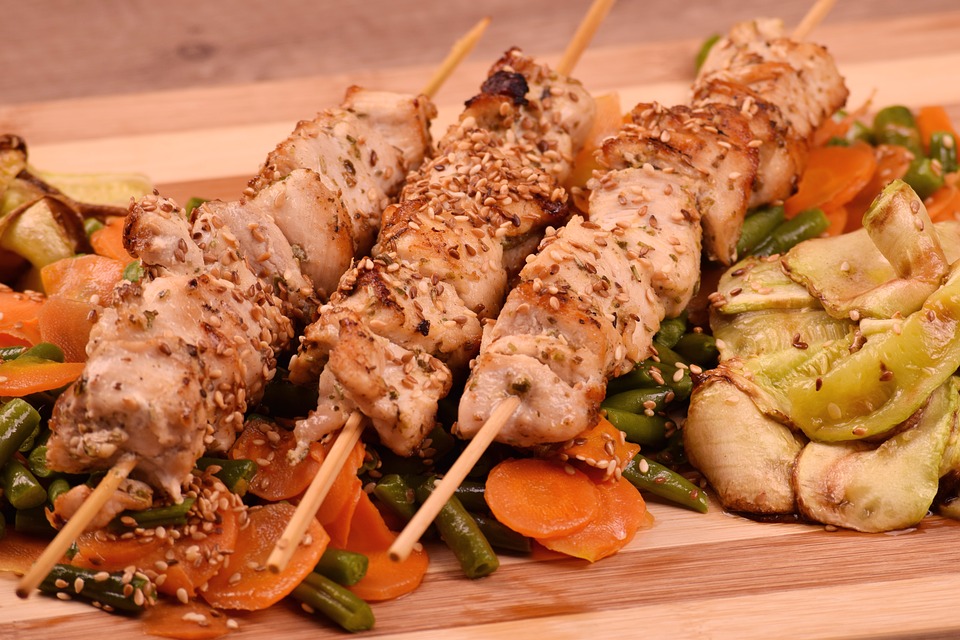By Mary Pletsch 27 Jun 2022 no comment 405 Views
The word “diet” originally meant simply “what you eat.” Varied factors affected a person’s diet. These factors included where they lived and the kinds of foods that were available locally; what they had grown up eating; their finances and social class; what kind of food was in season; and religious or cultural restrictions. Many of these factors still exist today and affect our food choices.
But nowadays when we hear the word “diet,” most of us think of an eating regimen intended to cause weight loss.
The problem with most of these weight-loss “diets” is that many of them are unsustainable. Most of them do not take proper nutrition into account. Furthermore, most people don’t expect to eat that way for the rest of their lives. Therefore, these “diets” do not represent a healthy “diet.”
Sooner or later, people quit these “fad diets” and gain the weight back. That is because their usual”diet” — what they eat on a regular, day to day basis — hasn’t changed.
Instead of this kind of short-term “dieting,” it’s wiser to make permanent changes with healthy eating in mind.
What do you do if you know your diet–a.k.a. the things you are eating–is unhealthy?
First and foremost, focus on eating healthy food. Your body needs nutrients to perform at its best. Keep blood sugar regulated by having a meal or healthy snack approximately every 3 hours throughout the day.
Secondly, if overhauling your entire diet (ie, changing much of what you regularly eat) feels overwhelming, start with one small change. Do it until it feels normal. Then add another.
Positive changes add up over time. Doing something is better than doing nothing.
Examples of small changes include: eating a piece of fruit every day; changing from refined white flour to whole grain; not buying junk food at the grocery store and taking home healthy snacks to nibble on instead; giving up one fast-food meal per week in favour of taking your lunch or cooking at home.
Thirdly, learn.
Knowledge is power: the power to make good choices
Practice reading labels on food packaging and making informed decisions.
Start a food diary. Keep track of what you eat—and when—and you’ll discover if you’ve fallen into bad habits. Once you know what the habits are, you’ll know how to break them.
Not used to cooking at home? Or realizing that your usual recipes are unhealthy, boring, or both? The Internet is full of free recipes to try. You may have some “duds” but you will also discover new favourites. Changing up your meals is more interesting and fun, and allows you to gain nutrients from a wide variety of foods.
Eating a diet high in nutritious vegetables and fruits, lean protein, whole grains and healthy oils will help you to feel your best.
Avoid added sugars, refined flours, salty foods, artificial colours and flavours, excess preservatives, and heavily processed foods.
Learn how big a “serving” is. If you’re still hungry after eating a full serving, fill up on vegetables like carrot sticks or celery.
When you eat a healthy diet, weight loss may follow naturally. You will be supporting your body, protecting your health and feeling your best.

